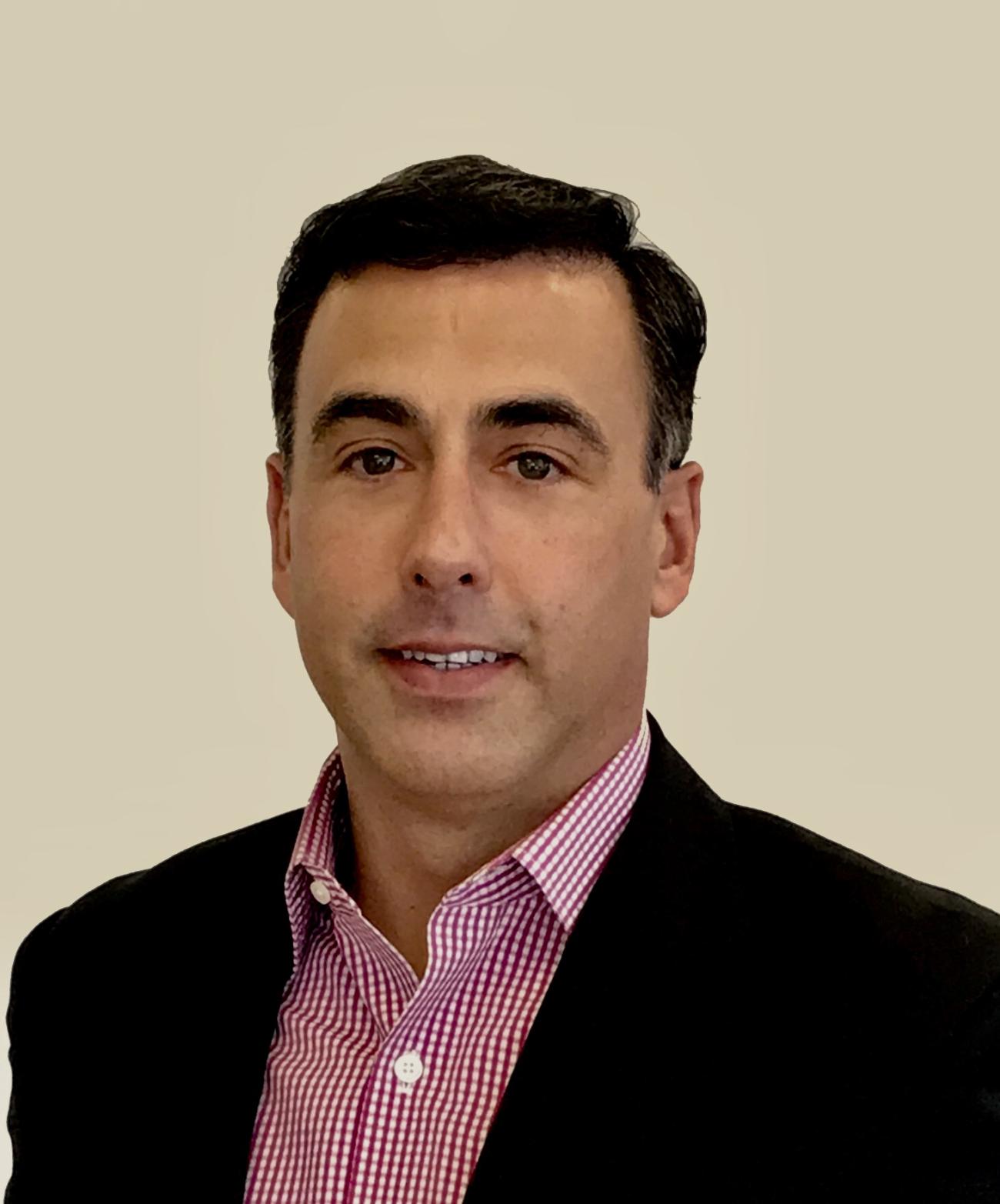
New program provides entrepreneurial expertise at Stanford Graduate School of Education
For decades, innovation and entrepreneurship have been a part of the Stanford experience. Yet it can still be hard to know how to get an idea off the ground and launch it into the world.
A new initiative at Stanford Graduate School of Education hopes to ease that pathway for students and faculty in education.
The Entrepreneur-in-Residence Program, which launches in January, will bring one accomplished entrepreneurial leader to campus for a year at a time to provide mentorship and guidance to the GSE community on social impact, business strategy and design, and to help connect investors and other executives with researchers.
The EIR program will also serve to convene experts in the area of educational entrepreneurship. The EIR will lead various seminars, workshops and conferences to share real-world experiences with the GSE community and create development and engagement opportunities with relevant leaders.
"Our focus is on helping our students and faculty improve the lives of all learners through the research they do and the training programs they conduct," says Geoff Cox, senior associate dean at the GSE. "With this program, we can help bridge what happens here with what's happening outside academia. We can help our scholars bring their work, in innovative ways, to a wider audience."
The first entrepreneur to hold this role will be Sergio Monsalve, who earned a BS degree in Management Science and Engineering from Stanford and an MBA from Harvard.
Monsalve, venture partner at Norwest Venture Partners in Palo Alto, has been a successful founder/entrepreneur, technology product manager and operator at companies including eBay, Paypal and various other startups. He is actively involved as an investor and/or board member in several relevant edtech and “future of work” companies, including Udemy, the leading global online lifelong learning and teaching marketplace with over 19 million students, 20,000 instructors and 96 million course enrollments, Kahoot, a K-12 learning application with over 50 million active users in more than 180 countries, and Adaptive Insights, a financial planning software solution with over 3,500 clients focused on the future of work.
Monsalve has also been an active entrepreneurship mentor at Stanford’s School of Engineering for over five years, and is also a repeat member of the Stanford Class of 1993 Reunion Committee this year.
"I'm looking forward to working with the GSE community. Education is an incredibly important part of our rapidly transforming world. Like many areas, education is going through a dramatic evolution. By fostering and helping develop new idea here at my own alma mater, I believe we can make a big impact" Monsalve said.
Monsalve has three teenage children and lives near campus. He was drawn to the position as an entrepreneur, a Stanford alumnus and a parent. He believes that injecting the latest and greatest technologies into the educational world could yield great social impact and benefit many more people in the world in need of education.
He also believes that the future of work is transforming quickly, and education and entrepreneurship can play a big role in helping our future workforce. Ultimately, he is excited about helping spur innovation around lifelong learning.
Dynamic sector
Education ventures in 2016 raised about $1.03 billion. Educational technology is a highly competitive and fast-growing market aimed at creating products to improve learning outcomes.
Inventors are coming up with new tools for classroom management, curriculum and content needs, school operations, and other areas. Stanford education graduates already take part in this growing market. More than 30 percent of GSE alumni report having started at least one new organization.
Entrepreneurship in education, however, can be complicated by competing interests: profit vs accessibility to all learners is one many educators worry about. Also, startup culture moves fast while research often takes much more time.
But entrepreneurship is also about not being afraid to take risks and trying something new. And technology holds a lot of promise in education —from creating platforms that allow wider reach to collecting better and more data that can help reveal new knowledge.
The Entrepreneur-in-Residence Program, therefore, is not solely aimed at creating the next successful business. Monsalve will mentor and advise faculty, students and other researchers on business strategies and the development of intellectual property, and help develop educational case studies and materials to enhance learning.
"We want our students to feel prepared for the environment they will enter when they leave here," Cox said. "We also think of this as a two-way exchange. We are the 'R' of R&D. So it's also important to develop the connections early on to have the best chance of making a true difference."
This program will be overseen by Cox and Paul Kim, assistant dean and chief technology officer at the GSE.
"We intend for EIRs to become a helpful entrepreneurial catalyst and resource of the GSE through engagement, collaboration and design," Kim said. "We're thrilled to welcome Sergio back to Stanford."



